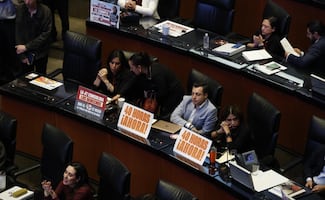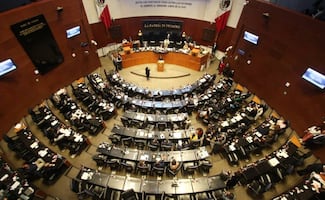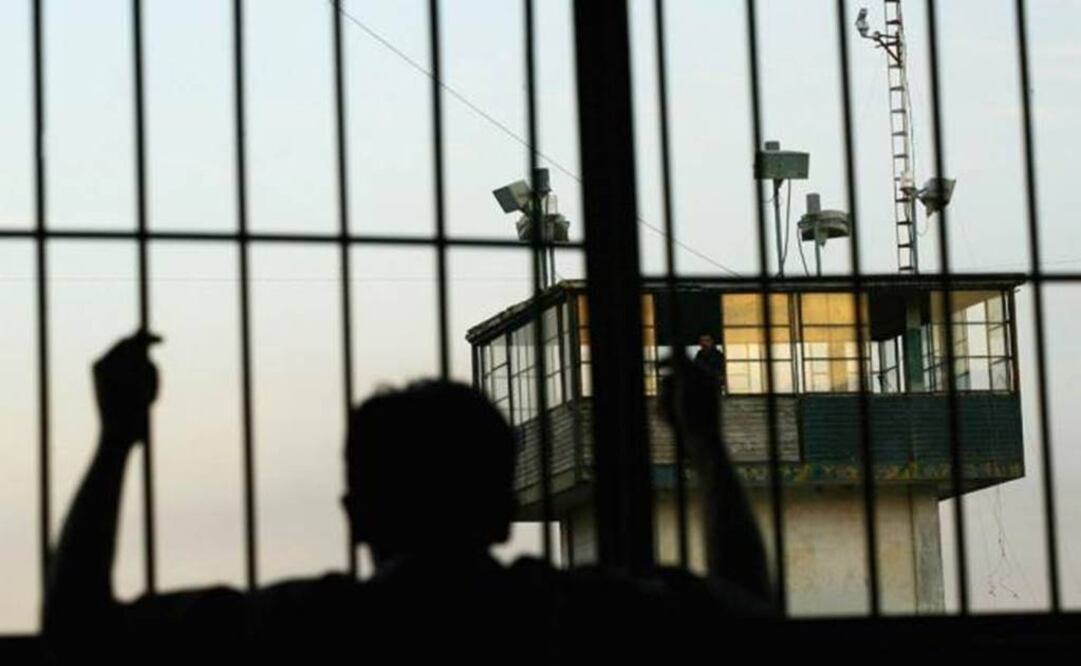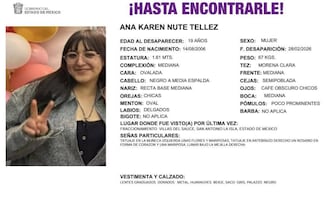Más Información

Jessica revive la nostalgia de la SEP en “Pancito Merge”; así se inspiró la ilustradora en el videojuego mexicano de Nintendo Switch

"El Mencho" tenía presentes a Los Alegres del Barranco; en cartas le hablaban del grupo musical que cantaba su corrido

Publican en el DOF decreto que reduce la jornada laboral a 40 horas; así aplicará la disminución año por año hasta 2030

Senado recibe iniciativa para acortar altas pensiones de exfuncionarios de CFE y Pemex; prevé ahorro de hasta 5 mil mdp anuales

“Ideal, aprobar el Plan General de Desarrollo antes del Mundial”: Patricia Ramírez, titular del Instituto de Planeación de la CDMX
Almost a third of 6,000 federal prisoners scheduled to be freed between Friday and Tuesday, part of a push to reduce America's soaring incarceration rate, will immediately be turned over to U.S. immigration authorities for deportation proceedings.
While this weekend will be a happy occasion for the thousands of inmates who are U.S. citizens and will reunite with their families, many of the roughly 1,780 foreign inmates to be put on the deportation track will leave family members behind in the United States.
Despite Obama administration assurances that the transfer of ex-convicts into the custody of U.S. Immigration and Customs Enforcement (ICE) is a routine occurrence, immigrant advocates worry they may not receive due process as they leave.
Most of the foreign inmates are Mexicans, according ICE.
Final deportation orders are in effect for 763 of the foreign inmates, who could be deported within days. The rest will be transferred to immigrant detention centers to await orders.
The latest mass release, one of the largest in U.S. history, is a result of retroactive reductions to mandatory minimum sentence guidelines for certain non-violent drug offenses.
After those took effect last November, 23,000 prisoners applied for reduced sentences. Judges granted three quarters of the requests, of which this weekend's releases are a portion, according to the U.S. Sentencing Commission.
Judges granted the most petitions from inmates who were prosecuted in Texas' western judicial district, 1,048 in all.
About a quarter of western Texas inmates cleared for release are foreign nationals, primarily from Mexico, according to Edgar Holguin, a local public defender who has worked for many who are being turned over to ICE custody.
One of Holguin's clients is a 48-year-old Mexican man who has been living in the United States since he was a child. For him, "the Mexico he is going back to is completely different than the one he remembers," Holguin said.
Ricardo Hinojosa, a judge in Texas and ex-vice chair of the sentencing commission, said last year at a public hearing that many of the deportees "will be tempted to come back, and maybe quicker," because many have families in the United States.
As a result, Hinojosa said at the hearing, "We will see them as illegal reentry cases, to some extent, sooner than one would normally see them."
Noticias según tus intereses
[Publicidad]
[Publicidad]









